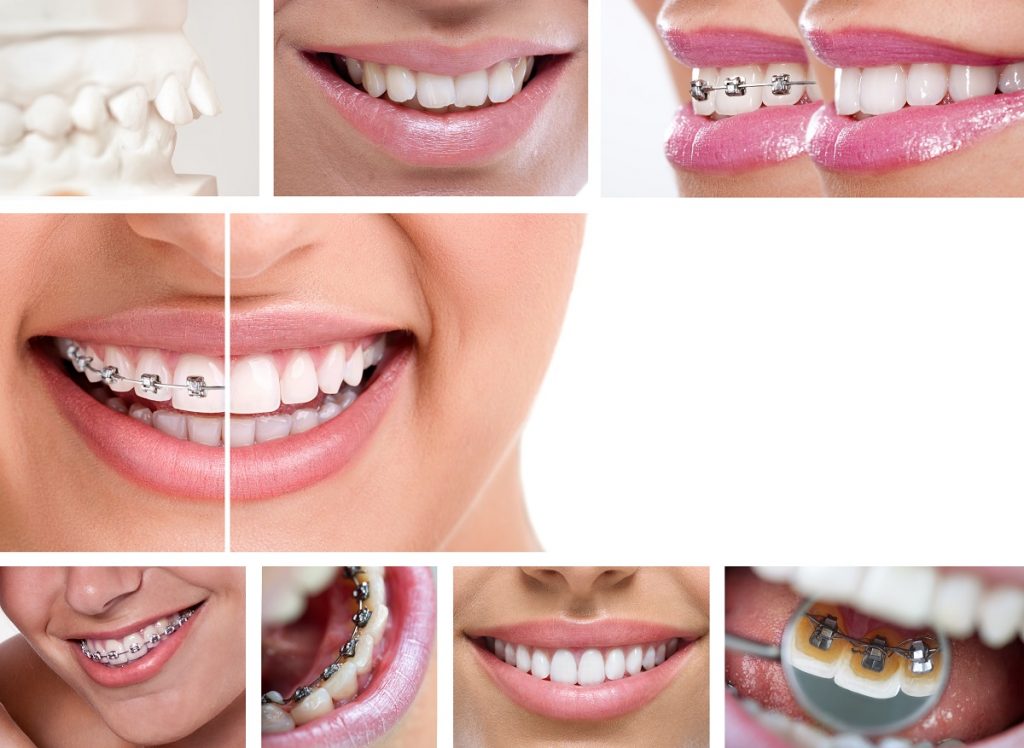As you grow older, your body changes with you. No one is more aware of this than seniors who, because of their age, have undergone different bodily transformations throughout their lives. Their skin and hair are the most obvious indication of age. After having brown hair and supple skin in their youth, as they reached their retirement age, their hair has turned gray, and their skin has wrinkled.
Naturally, the mouth undergoes changes over the years.
Aging and Oral Health
A lot of people will need false teeth in their older years. Although care for oral health has improved through the centuries, and more seniors still have their natural teeth, many still need to get dentures or implants.
With age, unfortunately, comes the increased risk of oral health problems such as mouth infections, gum disease, dental decay, and tooth loss. Teeth, although very tough, are not indestructible. Over time, the constant chewing and grinding will damage the surface of the teeth. Exposure to acidic foods and beverages will also cause the enamel, the outer layer of the teeth, to weaken. Smoking can also destroy one’s teeth.
As a result, as many as one in five elderly adults in the United States have lost their teeth. Nearly all (96 percent) adults 65 and above have had tooth decay.
The Consequence of Tooth Loss

Tooth, once lost, will never grow again. Adult teeth are permanent. So, when it is gone, it is gone forever. Teeth loss can erode confidence. Seniors who are already prone to loneliness and isolation may refuse to go out and see other people because of embarrassment.
Teeth are a common cause of insecurity among adults of all ages. In one survey conducted in the United Kingdom, 27 percent of respondents say they avoid showing their teeth when they smile, 22 percent do not like their photo taken, and 18 percent felt they had to cover their mouth when smiling.
But, more than just cosmetics, teeth are important in nutrition, too. Not having a complete set of teeth can lead to poor eating habits. It was proven by one study that analyzed the health records of 107 senior citizens treated at Rutgers School of Dental Medicine. They found that 25 percent of the patients had or were at risk of malnutrition. Those who have ten to 19 teeth remaining are most at risk for malnutrition.
The mouth is the entry point for food. If it is altered, such as what happens when one loses teeth, its function is severely affected. It becomes more difficult to consume a varied diet because the act of eating has become unpleasant.
That is why seniors need to have access to solutions such as dentures and implants. A new technology used in dentistry utilizes 3D printing to create accurate dental impressions for a more comfortable fit. False teeth have to work in the same capacity as permanent teeth, or it can reduce the patient’s quality of life.
Taking Care of Teeth for Seniors
Maintaining oral health is a life-long commitment. If a person wants to retain their entire set of permanent teeth through their senior years, the work must begin in their youth. Teeth, once damaged, may not be repaired. People should always follow oral hygiene tips such as brushing their teeth at least twice a day, using floss every night, visiting their dentist once a year, and reducing their consumption of sugary foods and drinks.
Seniors should also choose a toothpaste high in fluoride, a mineral known to strengthen the integrity of the teeth. Fluoride makes the enamel resistant to acids, preventing cavities in children and adults.
Moreover, older adults should monitor their diet and see if they are getting enough calcium. Calcium does not just promote bone health; the teeth are partially made of calcium and, therefore, require the nutrient to remain tough as a rock.
The American Dental Association recommends that seniors get around 1,000 milligrams of calcium a day to prevent osteoporosis, an illness that can also affect the bones that support the teeth. A person can, of course, get calcium from drinking milk and eating cheese.
Teeth play important roles in the life of every person. They show up when people smile, and they help them enjoy all sorts of food and beverages. However, with age, the mouth changes along with the rest of the body. Teeth start to show wear and tear. Smiling can become a source of insecurity. Losing teeth can also lead to poor nutrition. Seniors should have access to solutions that can make them smile and enjoy food again.
